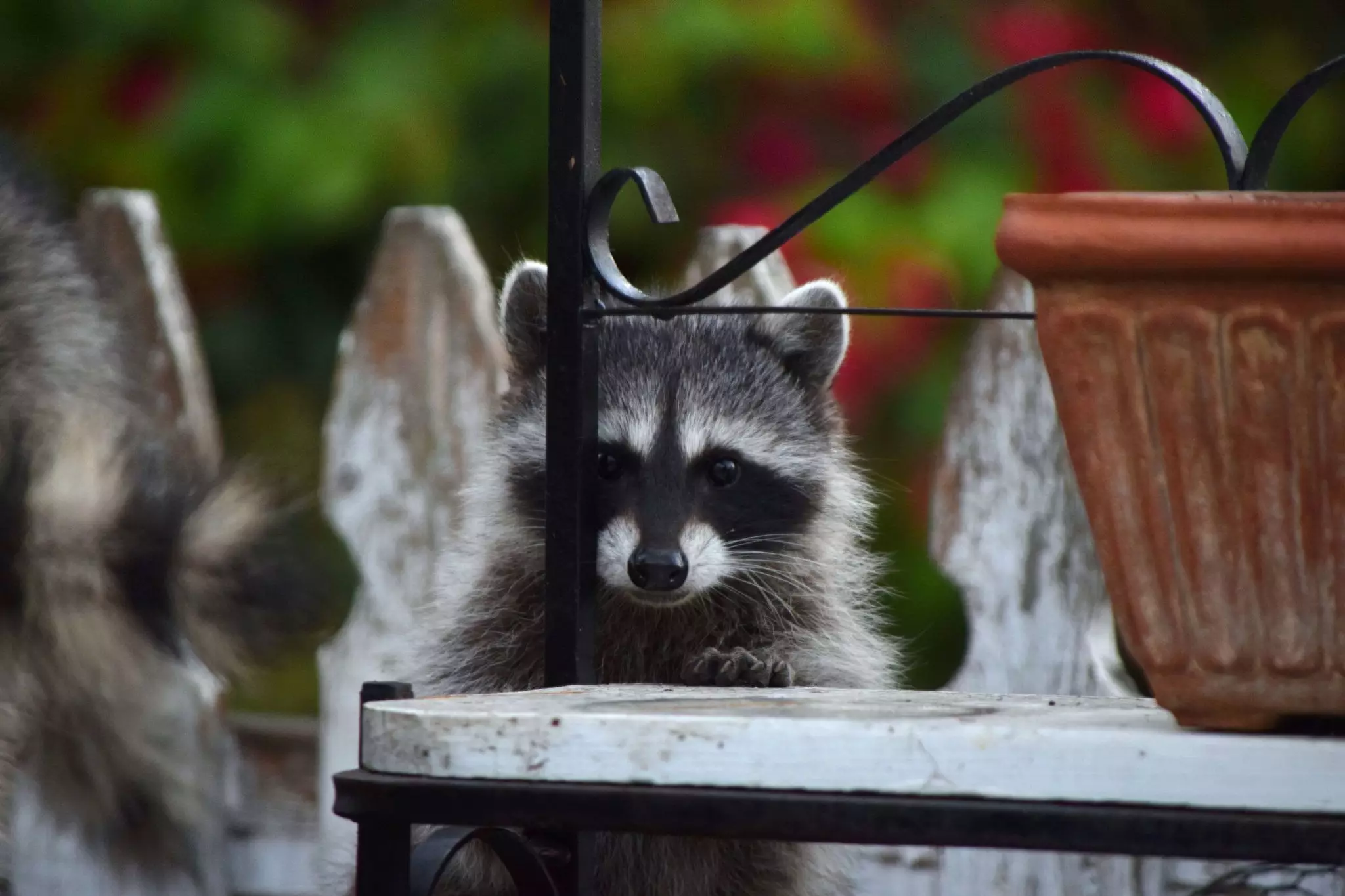Pet raccoons have become an unconventional yet fascinating choice among exotic pet enthusiasts. Their playful behavior, intelligence, and curious nature often captivate their owners, making them appealing companions. However, keeping a raccoon as a pet brings about unique challenges, especially in terms of diet. Understanding and catering to their nutritional needs is paramount for any potential raccoon owner. In this article, we will explore the essential components of a raccoon’s diet, tips for feeding them, and the importance of mental stimulation during mealtime.
The Omnivorous Nature of Raccoons
Raccoons, as omnivores, consume a broad spectrum of food types, mirroring their diverse diets in the wild. In their natural habitat, their eating habits fluctuate throughout the seasons, driven largely by the availability of resources. They commonly consume a mixture of insects, fruits, nuts, and even small amphibians. This opportunistic feeding behavior means that they can adapt to various environments, scavenging for whatever sustenance is available at any given time.
In pet ownership, replicating this diverse dietary profile is crucial for a raccoon’s health. A well-balanced diet for a pet raccoon should include a prominent dry food formulated for omnivores. This can serve as the primary food source and should ideally be supplemented with wholesome fresh foods to create a diet that closely resembles what they might consume in a more natural setting.
When feeding your pet raccoon, variety is key. Merely providing dog food or another single-source diet is insufficient for their nutritional needs. Instead, owners should try to incorporate a wide range of food options. The recommended primary diet includes high-quality dry food designed for omnivorous animals. Supplements to this diet can range from poultry and fish to fresh vegetables and occasional fruits. It is important to remember, however, that treats like nuts and sugary fruits should be given sparingly due to their high fat and sugar content.
For younger raccoons, it is advisable to allow them to eat freely, promoting growth and development. As they mature, typically around the six-month mark, owners can start to limit portions. A structured feeding schedule can help manage their caloric intake, providing around 1/8 cup of dry food two to three times daily, complemented by small portions of fresh produce or protein sources.
Balancing Nutrition with Enrichment
Apart from focusing on what food to provide, pet owners must also consider how they feed their raccoons. Raccoons are known for their playful nature, and making mealtime a stimulating experience can help prevent boredom and potential behavioral issues. Introducing interactive feeding techniques can turn meals into a playful challenge. For instance, placing food off the ground, inside objects, or using containers that require problem-solving can replicate their natural foraging instinct.
Furthermore, offering live insects like crickets or mealworms can serve as both a nutritious snack and a form of enrichment, as it encourages raccoons to engage their hunting instincts. Creating various feeding scenarios not only promotes physical exercise but also engages their cognitive abilities, enhancing overall well-being.
Monitoring a pet raccoon’s health is integral to ensuring their diet remains balanced and appropriate. Regular veterinary check-ups should be part of an owner’s routine, as veterinarians can offer personalized advice on feeding and dietary concerns. If a raccoon starts losing weight or shows signs of lethargy, it may indicate nutritional deficiencies or health issues that require immediate attention.
Additionally, owners should be aware of the distinct feeding habits of raccoons; they enjoy dunking their food in water before eating. Providing a shallow dish for this purpose can enhance their feeding experience while helping maintain hydration. Keep in mind that raccoons can be messy eaters, necessitating regular clean-up after mealtime.
Feeding a pet raccoon requires a nuanced understanding of their omnivorous dietary needs, the importance of variety in their food intake, and incorporating enrichment into mealtime. A structured diet supplemented with fresh foods and innovative feeding techniques can enhance their health while keeping their curious minds engaged. Ultimately, providing proper nutrition and a stimulating environment will help foster a happy, healthy raccoon that thrives as a unique member of the family. Understanding these challenges and benefits is essential for anyone considering welcoming a raccoon into their home.


Leave a Reply